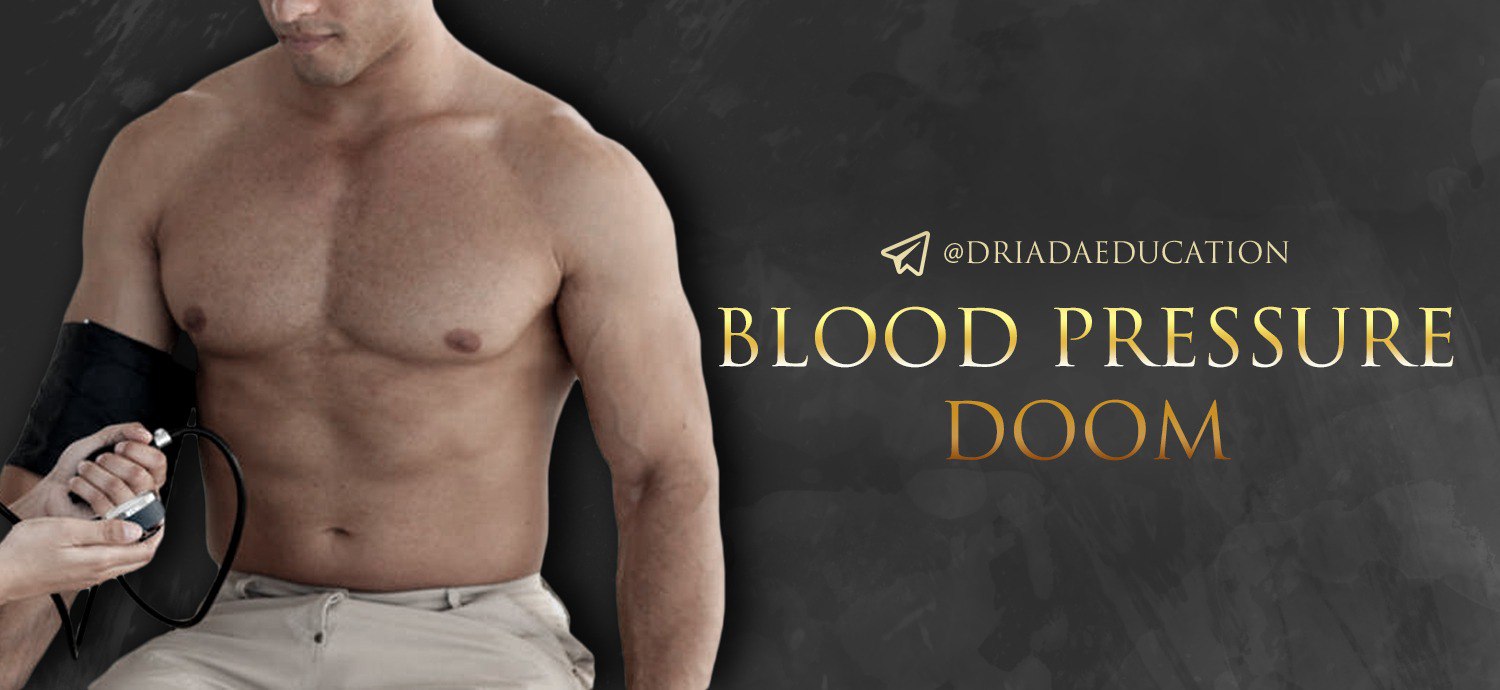
If we will divide all death cases by mortality cause, we will see the following statistics:

Let’s apply reasonable filters and use other data.
The statistics for the year 2019 do not display seniors but people aged of 15 to 49 years old, and the mortality cause is the same.
See the chart below:

When exploring the mortality not by the cause but by the risk factor: it becomes clear that high blood pressure is an absolute “champion” here.

[1]
High blood pressure (Hypertension) affects every fifth inhabitant of the planet, and according to some data, every third. Hypertension is one of the most dangerous enemies of the heart and blood vessels and the first cause of death in the world.
✅Some facts:
- Increase in pressure for every 10 mm Hg. Art. increases the risk of developing cardiovascular disease by 30%.
- People with high blood pressure are 7 times more likely to develop cerebrovascular accidents (strokes), 4 times more likely to develop coronary heart disease, and 2 times more likely to develop damage to the vessels of the legs.
May sport save you from hypertension?
Sports loads with light weights (up to 50% of the maximum) may well reduce pressure by maintaining the elasticity of the vascular wall and increasing the production of nitric oxide (yes, that's what your grandfather drank nitroglycerin for).
But light weights cannot provide sufficient stimulus for muscle growth.

Warm-up? Maybe. So what about REAL training?
Well…its the opposite.
There are quite logical reasons for the hypertension of weightlifters: in strength training, we learn to contract muscles stronger and more efficiently. In contracted muscles, blood pressure rises (the famous muscle tone is partly just excess pressure).
When your blood vessels are constricted better, your body works more efficiently,
like when the powerlifter use salts. What for? They increase blood pressure by constricting all vascular structures, increasing the tone of sympathetic nervous tone and it allows you to be stronger.
When you sniff a smelling salt, you inhale small amounts of ammonia gas, which irritates the membranes in your nose and lungs, causing the “inhalation reflex.” This reflex causes an increase in your breathing rate, which, as a result, causes a jump in your heart rate. This, in turn, stimulates your body’s fight-or-flight response, causing the release of adrenaline, a hormone that improves gross motor skills (like lifting weights) and causes an acute uptick in focus and alertness. In short, it’s a turbocharged body.
And what is the use of adrenaline in medicine? Yes, start the heart and raise blood pressure in case of cardiac arrest!
This is why strength athletes have health problems due to high blood pressure. When you work out in the gym, your muscles contract. Muscle tension increases pressure, and this indirectly accustoms you to a higher pressure than usual.
To be strong you, must have high blood pressure and should be hypertensive. It makes your heart work much harder but puts more stress on your CVS (cardiovascular system).
Let’s see the study of Volga Region State Academy of Physical Culture, Sport and Tourism on the correlation between different sports types and hypertension

As you see weightlifting leads the chart.
Supernatural strength and muscle mass are associated with the transfer of superintense loads, which in the long term can lead to a specific adaptation of the cardiovascular system.
It’s no secret that almost all professional bodybuilders suffer from cardiovascular diseases, one of which is sports hypertension. The situation is aggravated by the fact that outwardly hypertension may not manifest itself in any way. It is sometimes referred to as the “silent killer” for a reason. An athlete, without suspecting anything, leads a normal life, goes to training, performs at competitions, etc. Meanwhile, hypertension destroys blood vessels and overloads the heart, leading to death at one moment.
The author of the study notes that in a significant number of sports disciplines, the percentage of people with high blood pressure is higher than that of people who are not actively involved in sports.
Steroid use also increases blood pressure directly and indirectly through an increase in noradrenaline, which is not as strong as adrenaline but still raises blood pressure and effectively compresses blood vessels.
Studies have shown that testosterone levels in males and were significantly higher compared to the normotensives.[2]
So the logical conclusion that supernatural testosterone levels will raise your blood pressure supernaturally is true in most cases.
In conclusion, we note the fact that ambulatory blood pressure provides predictive information for mortality higher than office blood pressure.
The effects of sex hormones on various parts of the renal-vascular system are complex. In general, the net effects of androgens of vasoconstriction, and atherosclerosis. Thus, androgens may determine blood pressure and the prevalence of the cardiovascular disease.[4]
Read more horrible facts and the way to escape your hypertonic doom in the next part!
[1] https://ourworldindata.org/grapher/number-of-deaths-by-risk-factor
https://www.statista.com/statistics/1169367/worldwide-number-deaths-risk-factor/
[2] https://pubmed.ncbi.nlm.nih.gov/16937606/
[3] https://www.ahajournals.org/doi/10.1161/01.hyp.0000160402.39597.3b



Leave a Comment